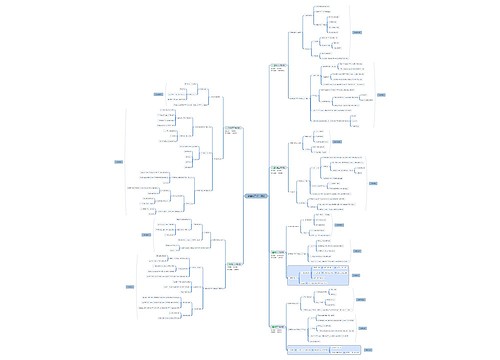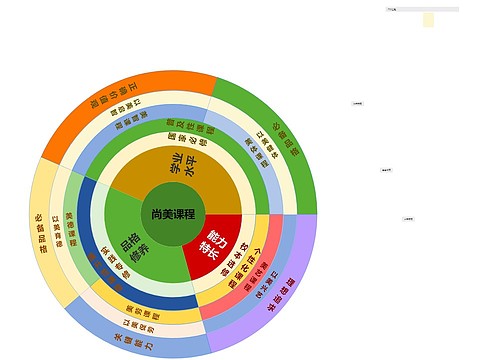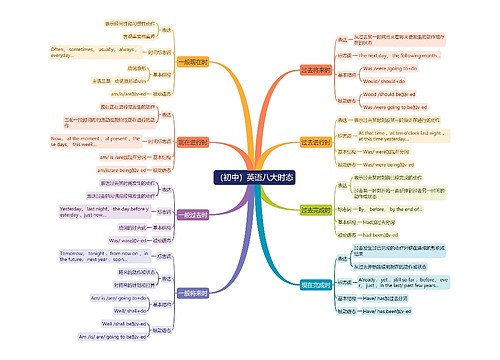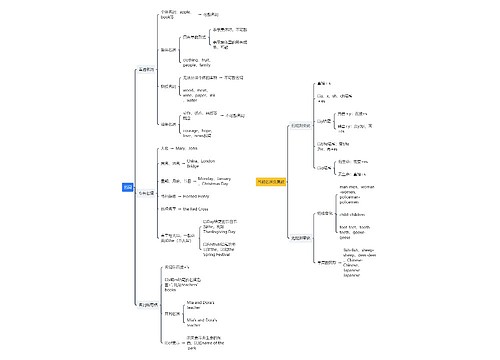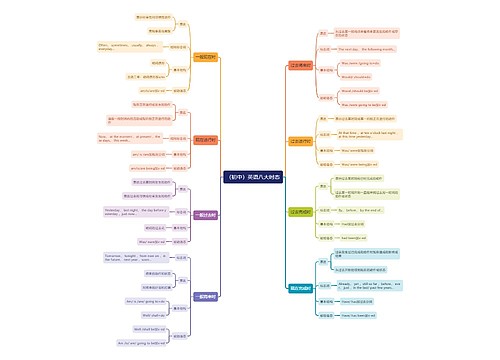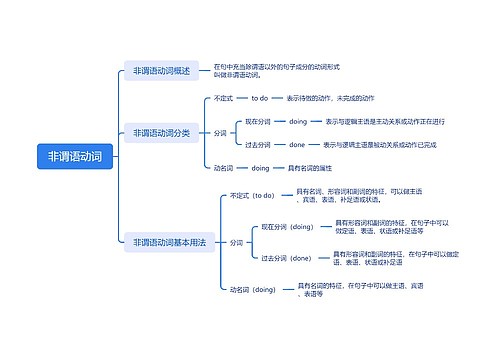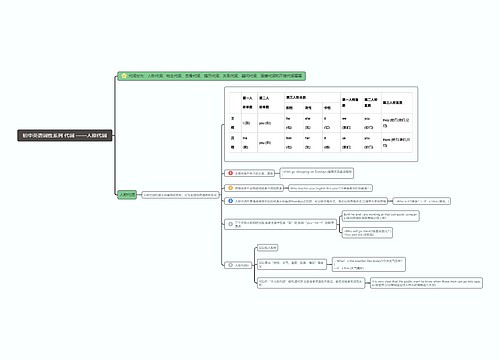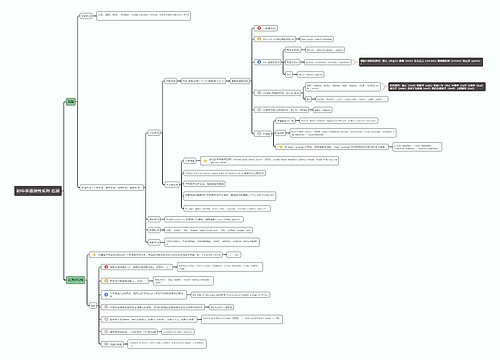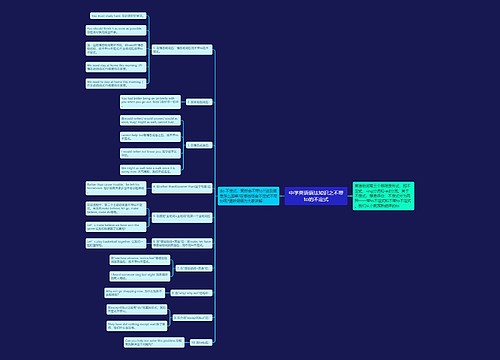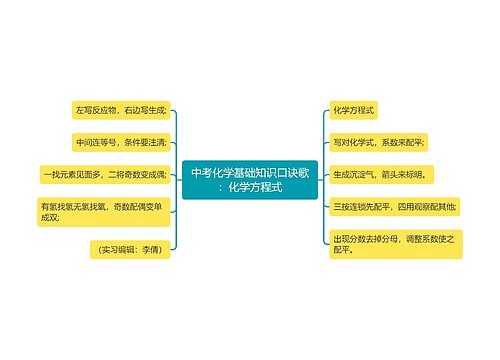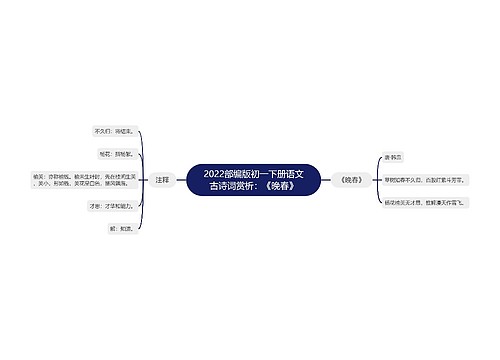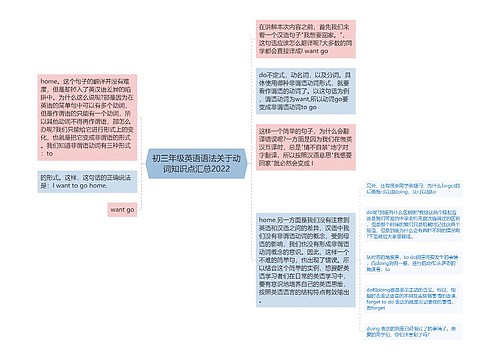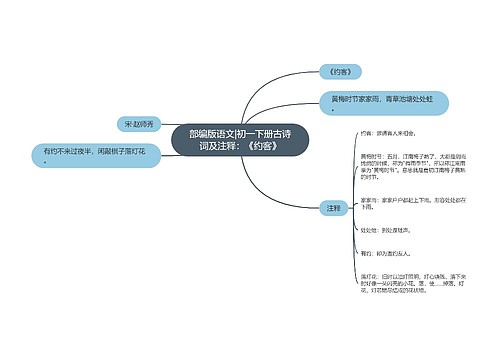In the present tense we use ‘can’ to talk about a general ability – e.g. I
can swim – and also for ability at a particular moment – e.g. I can see you! The
rules for talking about past abilities are different.
现在时态里,我们用can去谈论一般的能力,例如I can swim。还有形容在一个特定的时间的一种能力,例如I can see
We use could to talk about general abilities in the past.
? He could speak fluent French when he was 5.
? I could read before I started school.
Ability on one occasion 某个场合的能力
However, when we talk about ability on one particular occasion, we can’t
但是,当我们谈论某个特定场合下的能力,我们不能用could。
? The burglar was able to get in through the bathroom window.
? The burglar managed to get in through the bathroom window.
We have to use was able to or managed to. We can’t use could.
我们必须用was able to 或者managed to,我们不能用could。
? The burglar could get in through the bathroom window.
Ability on one occasion – negative 某个场合的能力—否定式
When we talk about a particular occasion when something wasn’t possible, we
can use wasn’t/weren’t able to, didn’t manage to, or couldn’t
当我们谈论某个特定场合不能做某事的能力时,我们用wasn’t /weren’t able to, didn’t manage to,
? The burglar wasn’t able to get in through the window.
? The burglar didn’t manage to get in through the window.
? The burglar couldn’t get in through the window.
Hypothetical past ability 假设的过去的能力
Sometimes things were possible in the past but didn’t happen.
有时候,我们要描述在过去可能会发生但是没有发生的事情。
? I could have gone to university but I decided to get a job.
? I would have been able to win the race but I fell over.
We use could have (+ past participle) or would have been able to to talk
about these hypothetical events. They can be used in the positive and the
negative.
我们用could have (+ 过去分词) or would have been able to
来谈论这些假设会发生的事件。他们可以是肯定式,也可以是否定式。
? I couldn’t have done it without your help.
? I wouldn’t have been able to afford it even if it had been for sale.



